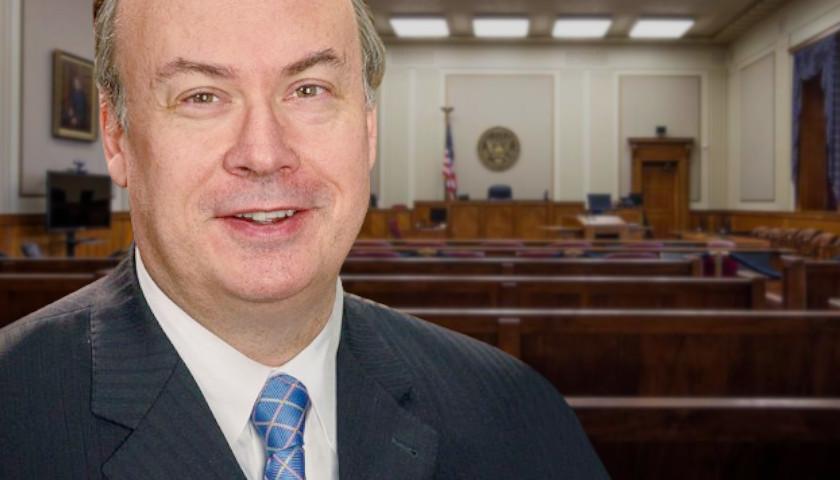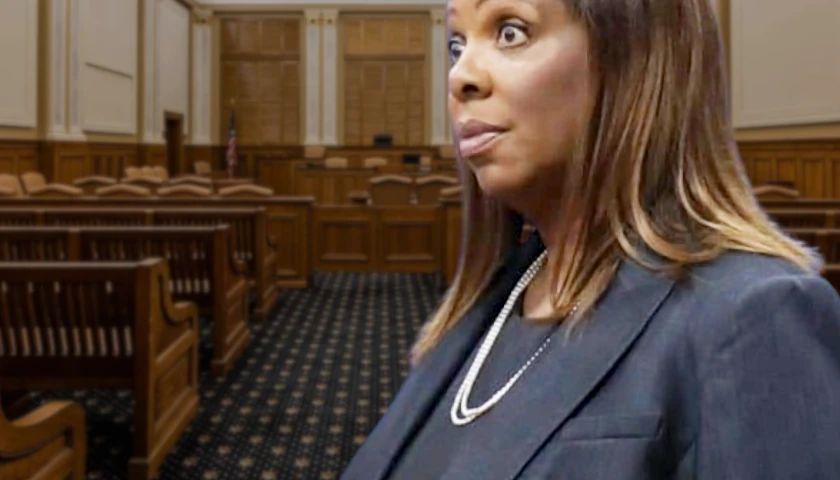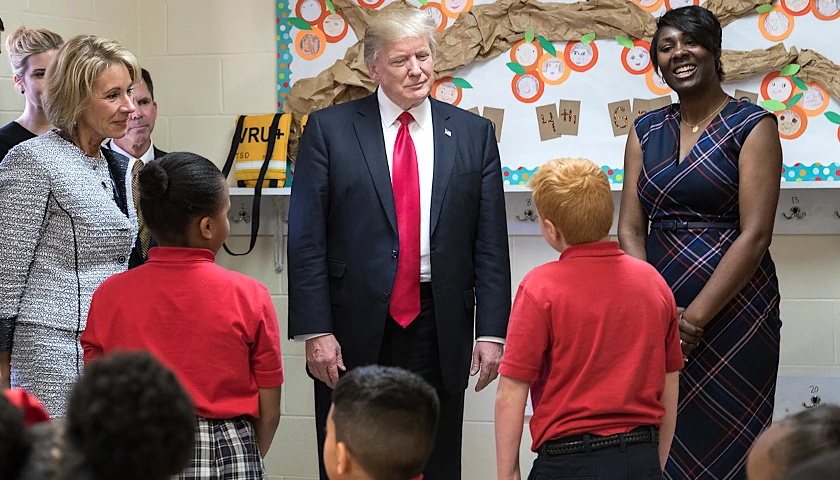by Jon Styf
Metro Nashville plans to backstop between $150 million and $250 million of the $760 million in revenue bonds taken out by the Metro Nashville Sports Authority for a new estimated $2.2 billion Tennessee Titans stadium if the deal is approved in April by both the sports authority and the Metro Nashville Council.
Financial details of the deal were presented to the sports authority Tuesday after a similar meeting scheduled for Monday with the city’s finance committee was postponed following the Covenant School shooting that left seven dead.
The backstop was necessary, board members were told, because it would help the bond rating and give additional assurances to investors.
“We’re really proud of that number,” said Metro Nashville Finance Director Kelly Flannery. “It’s a departure from what we’ve done.”
The presentation included details on the $2.9 billion in projected taxes that will go into a fund to pay off the sports authority bonds and pay for capital improvements at the potential stadium, scheduled to open in 2027. Flannery added that the bond market is not moving in a favorable direction.
“Time and market will kill this deal,” she said.
The $2.9 billion tax fund capture includes state and local sales taxes in the stadium and 50% of those in a newly drawn 130 acres around the stadium along with a $3 ticket tax for stadium events and a 1% hotel tax year-round for all of Davidson County.
The sports authority is scheduled to vote on the stadium documents at a 10:30 a.m. special meeting Tuesday at Geodis Park. Metro Nashville’s council could have a final vote on the deal as soon as April 18.
The presentation also detailed the 130-acre zone drawn around the stadium, which is expected to include a previously planned Station East development on what is now a truck stop. The 250,000 square feet of retail at the development will be included in the 50% tax capture.
Development Consultant Erin Talkington of RCL Co said she helped decide where to draw the line on the 130 acres and has been part of talks with developers for the 66 acres of Metro Nashville-owned land in the development.
Station East is scheduled to have 1,400 residences, 1.2 million square feet of office space, 600 hotel rooms and a three-acre park. The first of the Metro development is set to open in 2027 along with the stadium.
“We’re talking about a really significant push to have a place that attracts spending from new residents, a place that serves the unmet demand, a place that maybe than the surrounding neighborhoods have more food and beverage options,” Talkington said, calling it “retail spending that also serves the stadium visitors.”
The Metro staff and consultant presentations called the tax fund projections conservative and gave several variations of the fund if all of the taxes were flat, the projections used for bonds and a separate line if taxes followed current trends, where the hotel tax increased by a compounded annual rate of 10.9% since 2010.
The sports authority also heard a presentation from CSL Marketing on potential events at the new stadium. CSL’s Ben Wrigley showed a presentation of a potential 38 annual non-NFL events at the stadium, including 16 concerts.
Researchers have found an average NFL stadium holds 4.9 ticketed non-NFL events per year from 2000 to 2019. Wrigley pointed to 10 days of concerts at Nissan Stadium in 2023 and estimated that could increase by six with a new stadium. Wrigley repeated he felt an indoor stadium would allow for concerts all year and proposed that a country artist could do a residency at the stadium.
The 2023 number includes four days of CMA Fest and three days of Taylor Swift, who is doing her sixth tour as a headliner and first since 2018. Adele’s and Garth Brooks’ 2023 residencies at Caesar’s Palace in Las Vegas are taking place at a 4,100-seat theater.
“The difference between an outdoor stadium and an indoor stadium is essentially zero in terms of events,” Sports economist Victor Matheson, who has studied event totals at NFL stadiums, previously told The Center Square. “The reason for that is that all the big tours all go out in the summer specifically so they can use all the outdoor stadiums in the country rather than the limited number of domed stadiums.”
– – –
Jon Styf is an award-winning editor and reporter of The Center Square who has worked in Illinois, Texas, Wisconsin, Florida and Michigan in local newsrooms over the past 20 years, working for Shaw Media, Hearst and several other companies.








